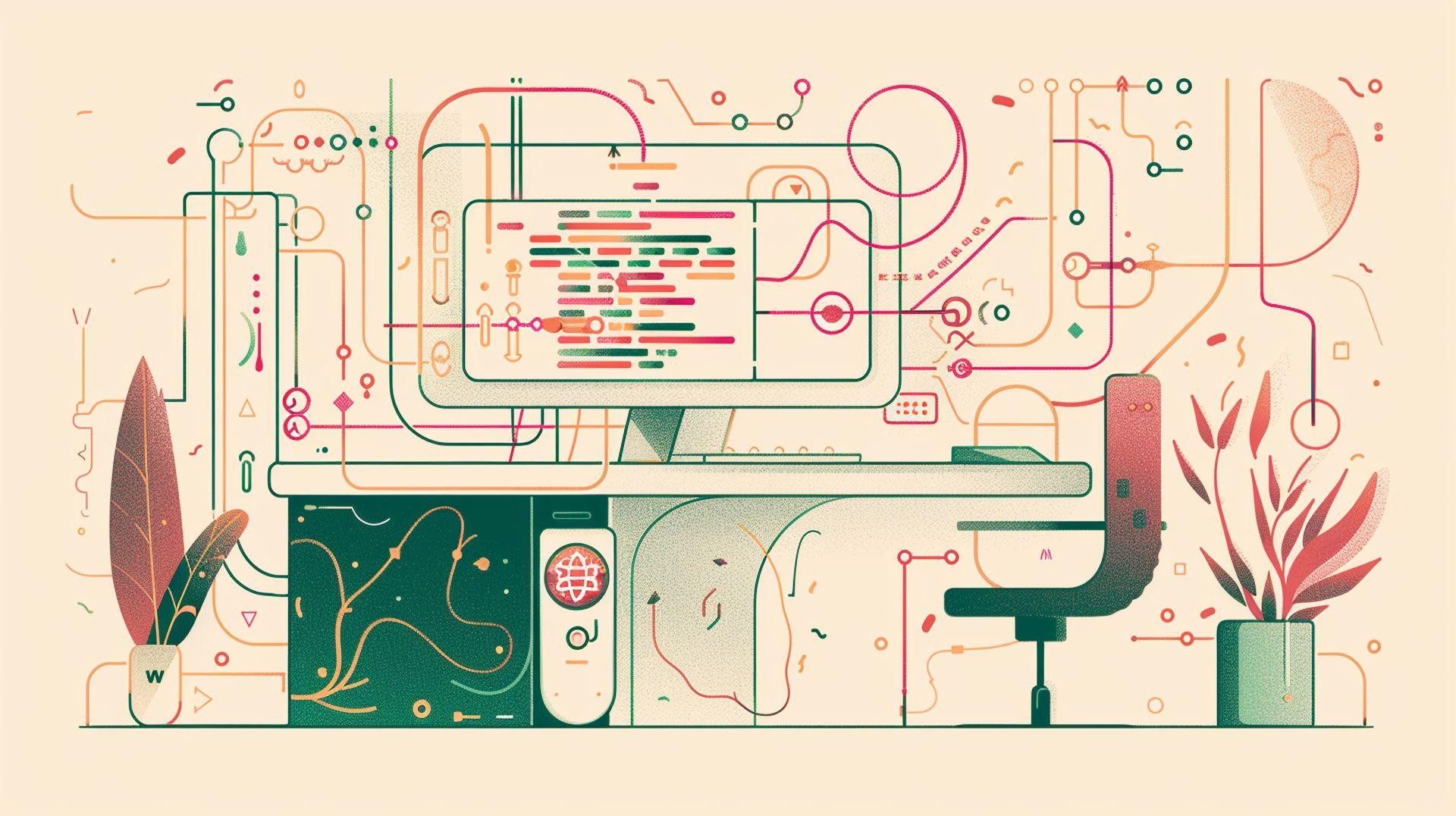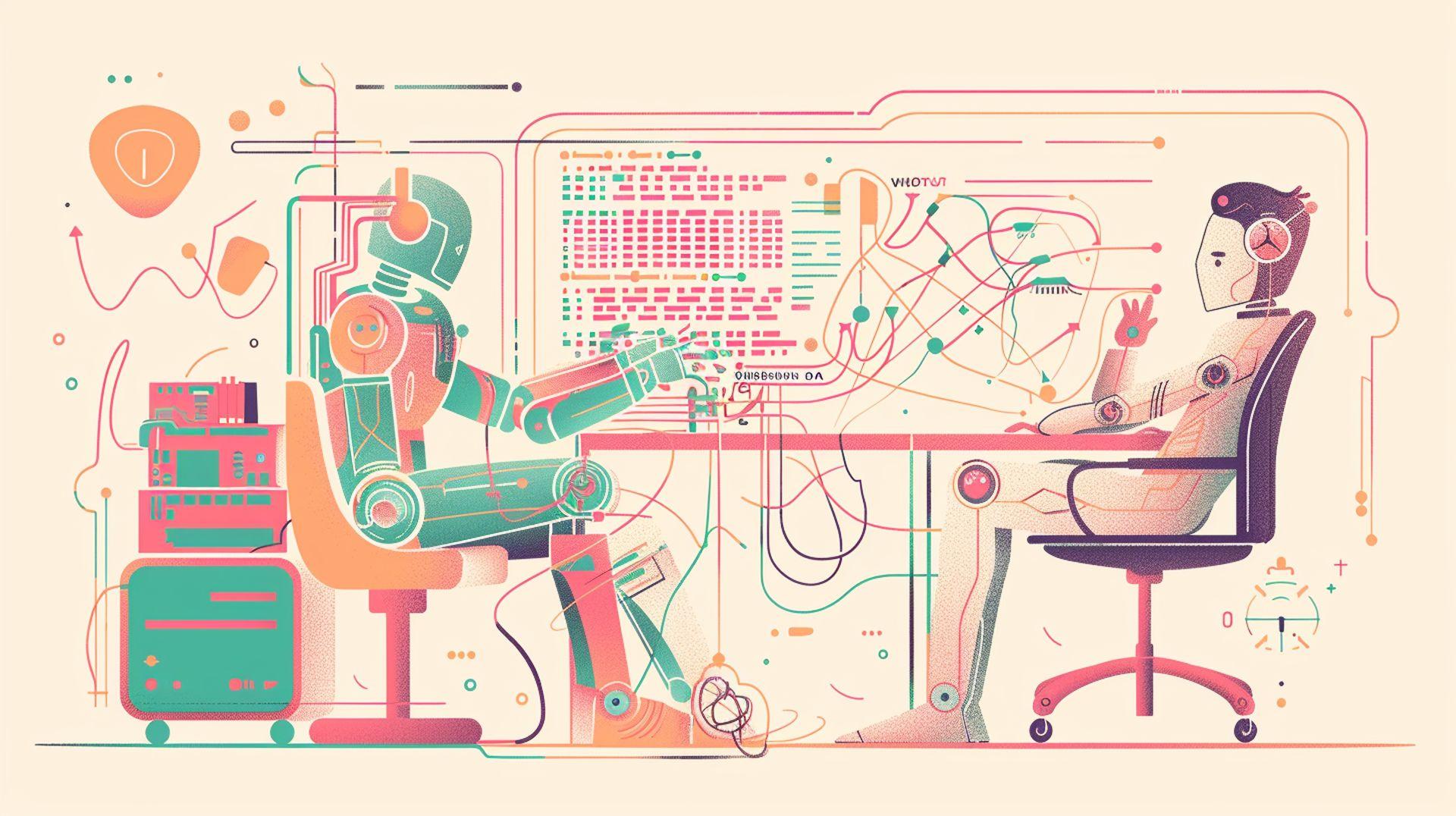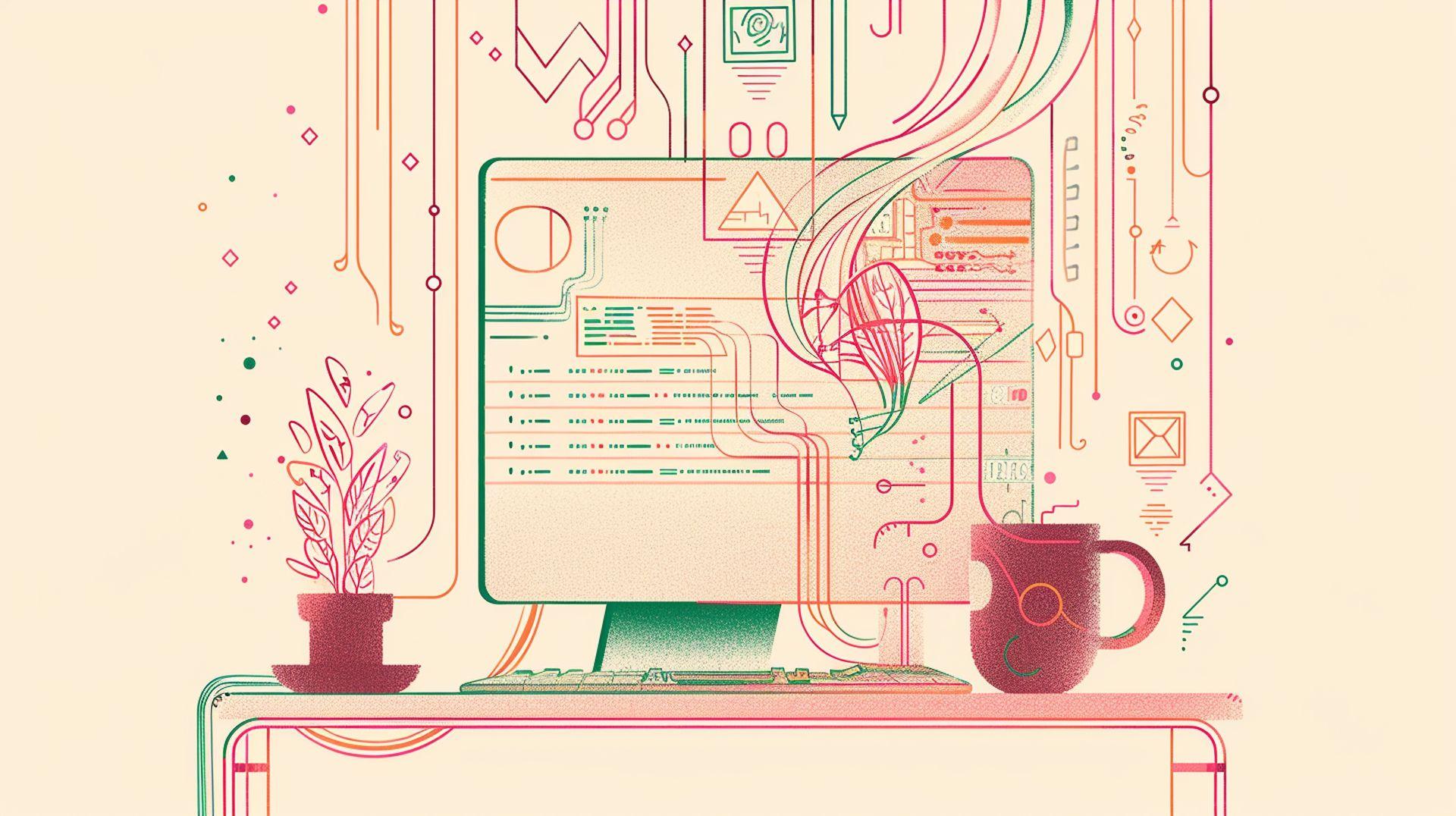Is coding dead? In a thought-provoking departure from conventional wisdom, Nvidia’s CEO Jensen Huang recently sparked a debate at the World Government Summit in Dubai, challenging the entrenched belief in the necessity of coding skills for the younger generation.
Huang posits that the era of programming as an indispensable skill might be drawing to a close, thanks to the advancements in AI. According to him, this shift allows humans to redirect their focus towards cultivating expertise in fields deemed more essential, such as biology, education, manufacturing, and agriculture.
During a compelling snippet of his presentation that found its way to social media, Huang reflected on a decade-long mantra echoed across tech forums worldwide — the imperative for the youth to master computer science and programming. Contrary to this long-held view, Huang introduced a visionary perspective, suggesting:
“It is our job to create computing technology such that nobody has to program. And that the programming language is human. Everybody in the world is now a programmer. This is the miracle of artificial intelligence.”
Huang envisioned a future where individuals could devote their efforts to becoming connoisseurs in more impactful areas. With the necessity for computer programming skills obviated by AI, people could leverage their innate language skills — the very language of their upbringing — in their professional endeavors. Is coding dead, or is it becoming an even more essential skill for the future?

Nevertheless, Huang acknowledged the continuing importance of understanding how to harness AI programming effectively. He concluded with an optimistic outlook on the future of learning:
“It is vital that we upskill everyone, and the upskilling process I believe will be delightful, surprising.”
Jensen Huang, CEO of Nvidia, argues that we should stop saying kids should learn to code.
He argues the rise of AI means we can replace programming languages with human language prompts thus enabling everyone to be a programmer.
AI will kill coding.pic.twitter.com/SxK9twhEby
— Dare Obasanjo🐀 (@Carnage4Life) February 24, 2024
Huang’s statements at the summit not only challenge traditional narratives around the importance of coding but also invite us to reconsider the role of human intelligence and creativity in an AI-dominant future.
Well, let’s discuss this further. Is coding dead now with the advent of AI or do we still a human touch here?
Is coding dead or will it ever be?
The question of whether coding is dead or will ever be is multifaceted and touches on the evolving nature of technology and its impact on human skills and jobs. While Nvidia CEO Jensen Huang’s perspective at the World Government Summit in Dubai offers a provocative viewpoint on the future of programming, it’s essential to consider the broader context.
Artificial Intelligence (AI) and machine learning advancements are indeed automating many tasks, including aspects of coding and software development. Tools and platforms are increasingly capable of generating code from natural language descriptions, lowering the barrier to creating software and potentially reducing the need for traditional coding skills. However, this doesn’t necessarily signify the end of coding as a critical skill.

Several reasons suggest coding will remain relevant:
- Complex problem-solving: While AI can automate routine tasks, complex problem-solving and innovative software development still require human oversight and creativity. Developers are needed to design algorithms, ensure data integrity, and make ethical decisions about AI and software use.
- AI training and supervision: AI systems themselves need to be trained, monitored, and updated. This process involves understanding coding and computational thinking to ensure AI systems work as intended and ethical considerations are met.
- Emerging technologies: New technologies and platforms constantly emerge, often requiring new programming languages or frameworks. Learning to code equips individuals with the foundational skills to adapt to these changes.
- Understanding the basics: Even if AI can handle more programming tasks, having a foundational understanding of how coding works is crucial in a technology-driven world. It enables a deeper understanding of how software impacts our lives and work.
- Creative expression and customization: Coding is not just about instructing a computer to perform tasks; it’s also a form of creative expression. Custom software, games, and digital art require a level of nuance and creativity that AI has not yet mastered.
While the role of coding may evolve, and the tools we use to code may become more sophisticated and accessible, the fundamental skill of coding — and the computational thinking that underpins it — is unlikely to become obsolete. Instead, we may see a shift in how coding skills are applied, with a greater emphasis on oversight, ethical considerations, and creative use of technology. Coding, in some form, will likely remain an essential skill for the foreseeable future, coexisting with AI and automation technologies.

AI systems have made impressive progress, yet, they still struggle to understand the full range of human experiences, including cultural contexts, nuances, and individual preferences. This is where human curation becomes crucial.
Unlike AI, humans can consider factors beyond just technical accuracy and efficiency. They can evaluate ethical considerations, emotional impact, and cultural sensitivity, ensuring that technology aligns with our diverse and complex needs. This human touch is essential for creating technology that is not just functional, but also meaningful, nuanced, and inclusive. In other words, combining human insight with technological capability leads to the most well-rounded and effective solutions.
Is coding dead? We don’t think so.
Image credits: Kerem Gülen/Midjourney






